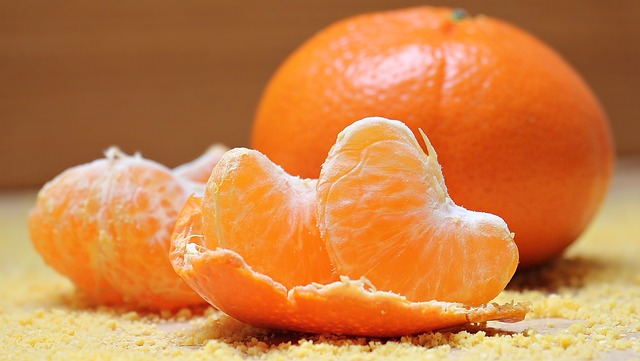The Ultimate Guide to Probiotics: Harnessing the Power of Good Bacteria
Introduction
In recent years, probiotics have gained a lot of attention for their potential health benefits. These live bacteria and yeasts are known for their ability to promote a healthy balance of microorganisms in our bodies. Probiotics can be found in various foods and supplements, and they play a crucial role in supporting our overall well-being. In this ultimate guide, we will explore everything you need to know about probiotics and how they can benefit your health.
What are Probiotics?
Probiotics are living microorganisms that can provide numerous health benefits when consumed in adequate amounts. They are often referred to as “good” or “friendly” bacteria because they help maintain a healthy balance in our digestive system. While bacteria are commonly associated with illness, probiotics are the opposite – they are essential for good health.
Types of Probiotics
Probiotics come in various strains, but the most common types include:
- Lactobacillus: This is the most common type of probiotic, found in yogurt and fermented foods. It can help with diarrhea and improve symptoms of lactose intolerance.
- Bifidobacterium: This type of probiotic is commonly found in dairy products and may help ease symptoms of irritable bowel syndrome (IBS).
- Saccharomyces boulardii: A yeast probiotic that can be effective in treating diarrhea and other digestive issues.
Health Benefits of Probiotics
The consumption of probiotics has been associated with various health benefits, including:
- Improved Digestive Health: Probiotics help maintain a healthy balance of bacteria in the gut, which can aid digestion and prevent digestive disorders.
- Enhanced Immune System: Some strains of probiotics can boost the immune system, reducing the risk of infections and allergies.
- Reduced Inflammation: Probiotics have anti-inflammatory properties, which can help alleviate symptoms of inflammatory bowel disease and other inflammatory conditions.
- Improved Mental Health: The gut and brain are closely connected, and certain probiotics may have a positive impact on mental health conditions such as anxiety, depression, and stress.
- Healthy Skin: Some studies suggest that probiotics can promote a healthy complexion by reducing acne and other skin conditions.
Sources of Probiotics
Probiotics can be obtained through both natural food sources and supplements. Here are some common sources:
- Yogurt: Yogurt contains live cultures of Lactobacillus and other probiotic strains. Look for products labeled as containing “live and active cultures.”
- Kefir: Similar to yogurt, kefir is a fermented milk drink that contains high levels of probiotics.
- Sauerkraut: Fermented cabbage is rich in probiotics and other beneficial compounds.
- Kimchi: A traditional Korean dish made from fermented vegetables, kimchi is a great source of probiotics.
- Supplements: Probiotic supplements are available over-the-counter, providing a convenient option for those who may not consume adequate amounts of probiotics through their diet.
Choosing the Right Probiotic Supplement
When selecting a probiotic supplement, consider the following factors:
- Strain Diversity: Look for a supplement that contains multiple strains of probiotics to target various health benefits.
- Colony Forming Units (CFUs): CFUs represent the number of live organisms in each serving. Higher CFUs are generally more effective.
- Survivability: Opt for supplements that use technology to ensure the survival of probiotics through the harsh environment of the digestive system.







